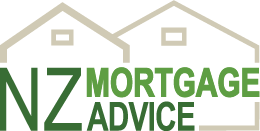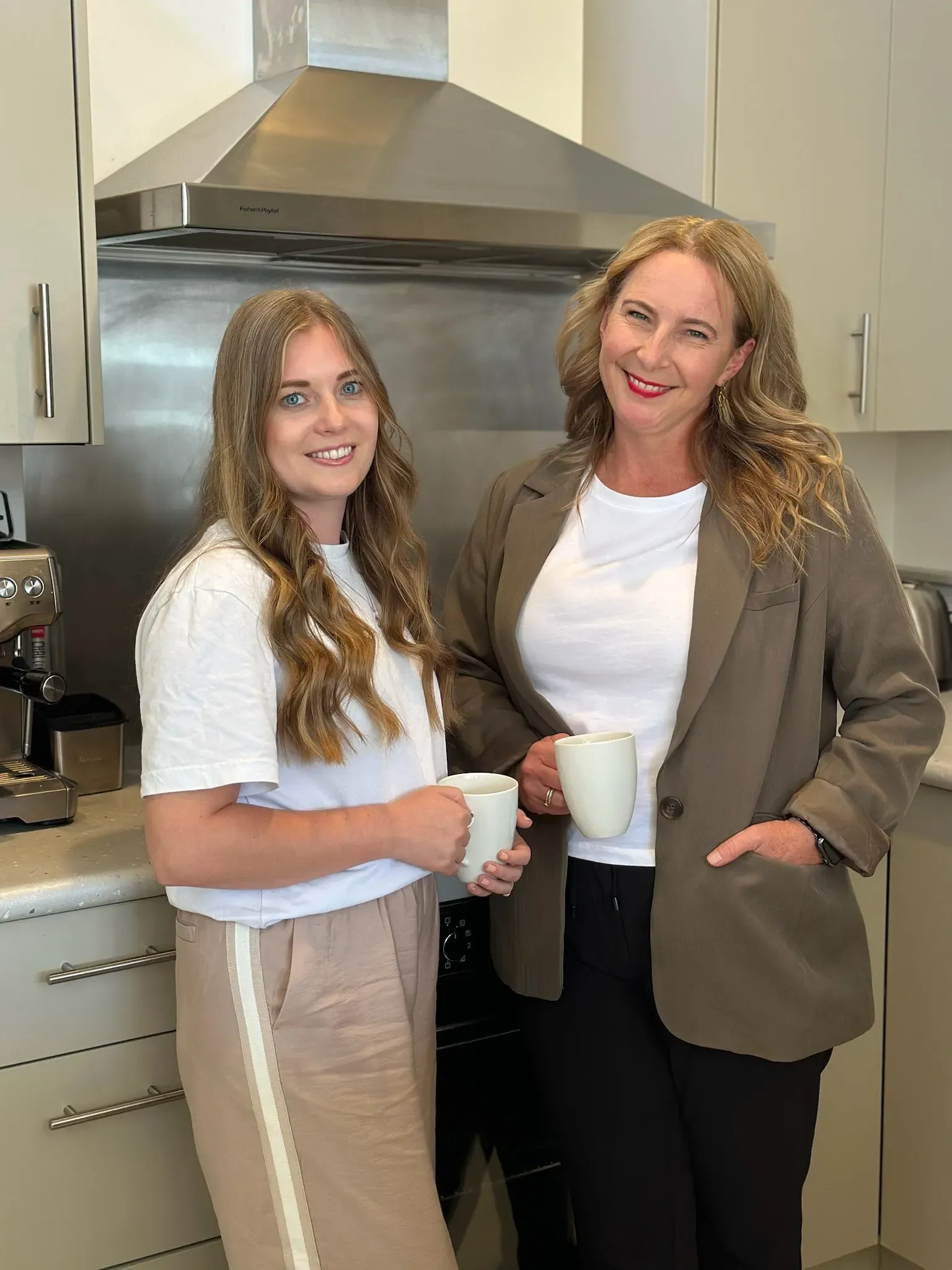Buying a property using self-employed income
For self-employed Kiwi’s, you’re usually prioritising making your business as profitable as possible while taking only a small income for yourself. However, you then try to purchase a property, and you’re told you need as much income as possible. It can be a fine line to walk however by working with a mortgage adviser and your accountant, buying a property is definitely an option for you.

Firstly, preparation is key. In most cases, lenders will require you to have a minimum of two years financial statements in order to assess your income. This means if you are newly self-employed, you’ll typically have to wait two years before applying for a home loan. Prior to buying a home we recommend taking the time to speak with your accountant to ensure the way you’re operating your business and profit is optimal in the eyes of the bank. This way when the time comes and you approach a mortgage adviser; your accounts are prepared to help you secure the lending you require.
When you’re self-employed and applying for a home loan, the documents required are a little different. Here’s a summary of what will be required.
- Two years of financial statements, or at least a minimum of 1 year.
- Latest IRD personal tax summary (IR3)
- Your business bank statements as well as bank statements for all relevant personal bank accounts
- Any documentation & evidence of business liabilities
- Potentially a year-to-date profit and loss statement for the business
How lenders will assess self-employed income:
Firstly, the lender will look at your financials, checking for the business’s profitability over the last few years as well as your salary as a shareholder. Your personal income / shareholder salary is what the lender will use for your income calculation which can either be your most recent annual salary, an average of your last two years or the lowest of the last two years depending on the lenders policy.
Lenders will in some cases include your ‘add-backs’ into your income as well. These are expenses reported in your business financial statements that may be considered non-essential such as home office, depreciation, and interest, and therefore can be added back to your income. Lenders will often scale the add-backs to mitigate the risk of using them to work out your affordability.
They’ll then check for any business liabilities and often this will be included in the affordability assessment as you are still liable for this debt regardless of it being in the business name.
Lenders will also assess your business bank statements; however, any business expenses are excluded from the affordability assessment including any personal expenses that are run through your business.
Once they’ve assessed your financial position, they’ll complete your assessment based on your financial statement of position, checking your personal expenses/debt and overall position to determine if you meet the banks requirements for the lending amount requested.
If you’re self-employed and dreaming of homeownership, feel free to get in touch and we can walk you through your options and help make your path to property ownership smoother.
Fiona & Amy
NZ Mortgage Advice




